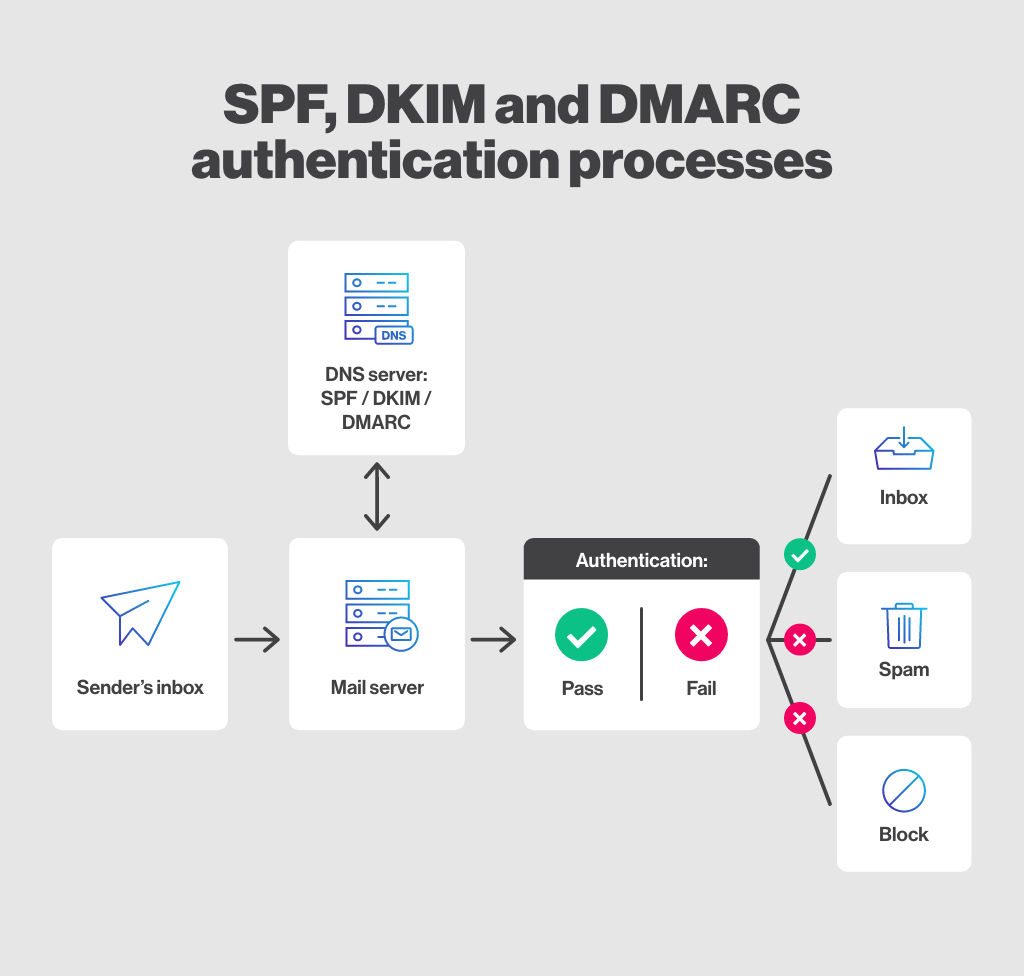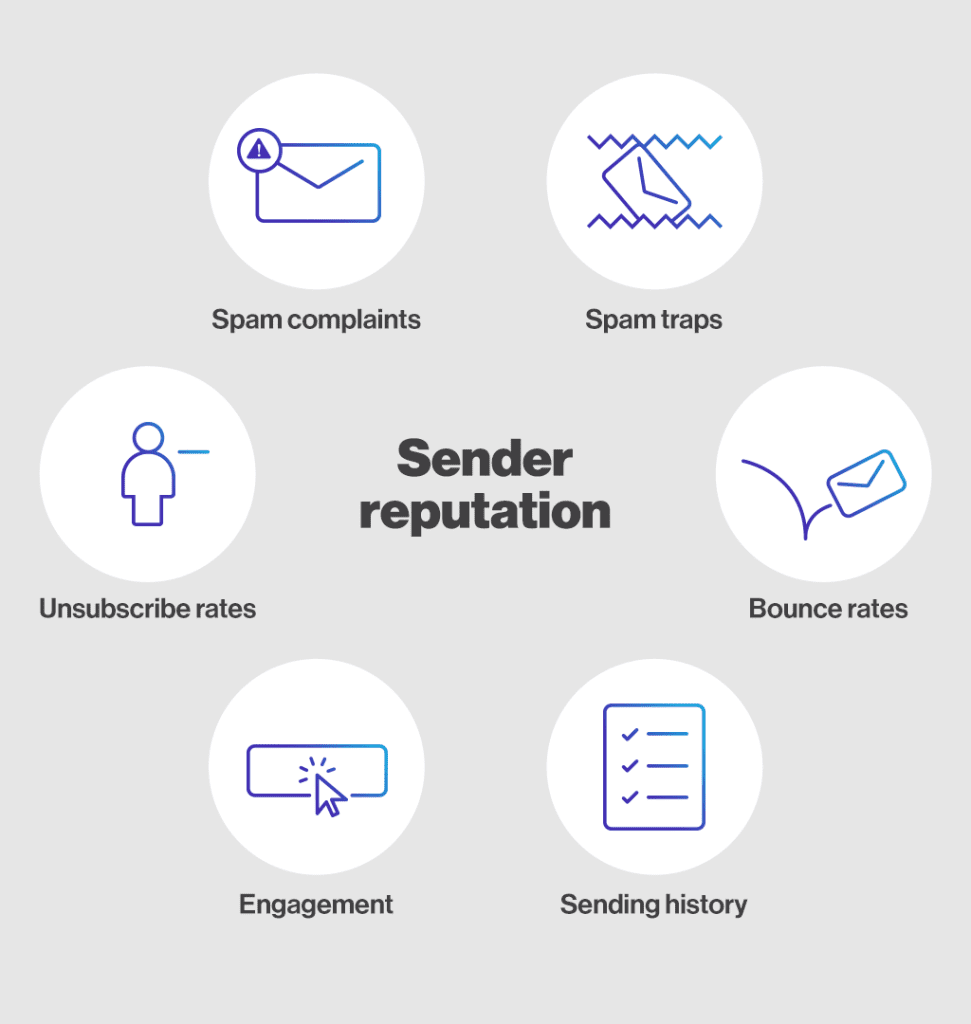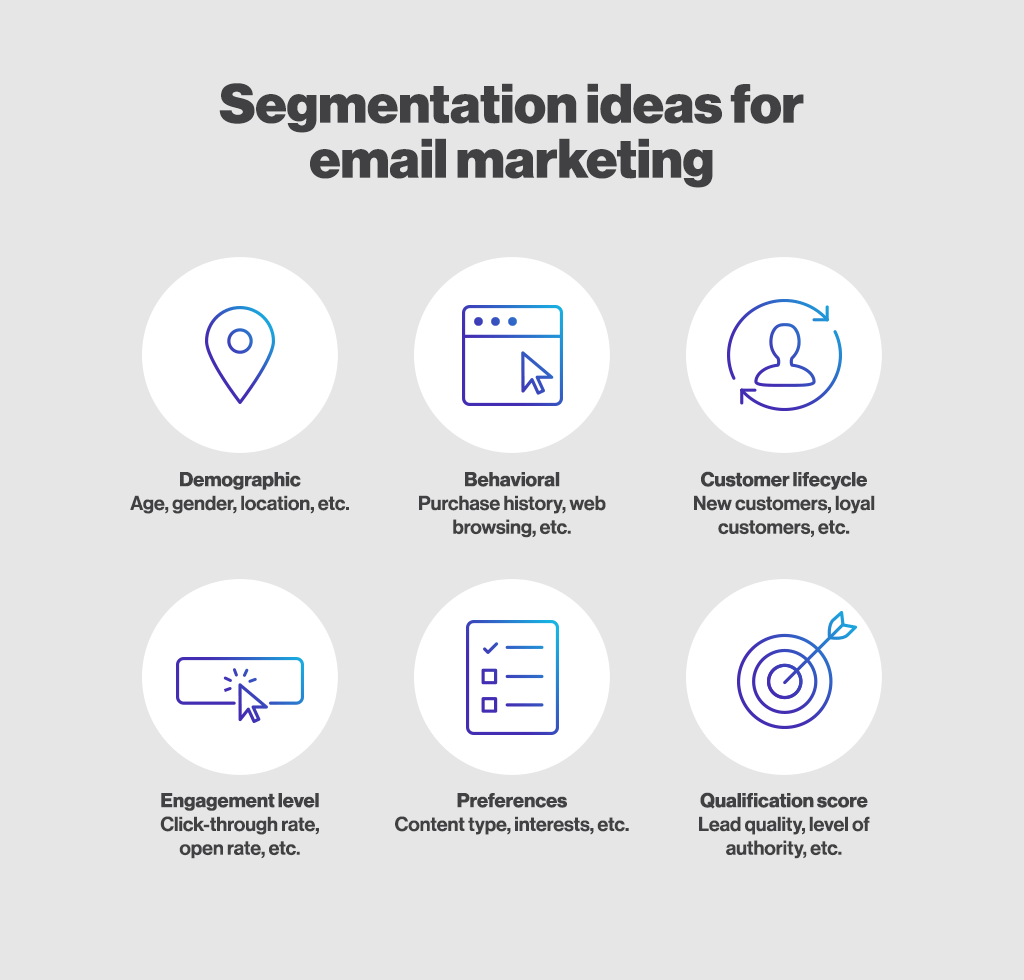Email marketing has become an essential tool for businesses looking to reach their target audience effectively and personally. However, in their pursuit of quick results, some companies are tempted to buy email lists. In this article, we will examine the reasons why this practice is strongly discouraged. We will explore issues related to the quality and legitimacy of addresses, the impact on campaign engagement and relevance, as well as ethical considerations and user respect.
Quality and legitimacy of email addresses
When businesses consider buying email address lists, the quality and legitimacy of these addresses are crucial factors to consider. Indeed, the source and validity of the addresses can have a significant impact on the effectiveness of email marketing campaigns.
Incompatibility between buy email lists and the actual target audience
When you purchase email lists, it is challenging to know precisely the origin of these addresses. They can come from various sources, including other businesses, websites, or even illegal sources.
The major issue lies in the fact that these addresses can be outdated, invalid, or simply non-existent. It is common for purchased lists to contain addresses that are no longer in use by their owners, as they may have changed service providers or abandoned these email accounts. As a result, a significant portion of your emails could simply bounce or land in inactive inboxes.
Low open and click-through rates
Another issue related to the dubious origin of addresses is the risk of spam. If you send unsolicited emails to purchased addresses, you run the risk of ending up in anti-spam filters and damaging your sender reputation.
Email service providers and clients are increasingly vigilant against unwanted emails, and they are quick to report and block unauthorized senders. As a result, your future campaigns could be compromised, as your legitimate emails may be classified as spam.

It is essential to emphasize that the quality and legitimacy of email addresses are closely linked to the relevance of your campaigns. Purchased lists are often not specifically targeted to your actual target audience.
You could end up sending promotional emails to people who have no interest in your products or services. This inevitably leads to low open and click-through rates, as the recipients are not receptive to your message.
Personalization, a key element of any successful email marketing strategy, is virtually impossible with a purchased list. You do not have the necessary information to tailor your messages based on the specific preferences and needs of each recipient.
Ethics and respect for users
In addition to the issues related to quality and relevance, purchasing email address lists raises ethical concerns. Recipients of the purchased emails have not explicitly given their consent to receive your messages.
This can be perceived as an intrusion into their privacy, and it can harm your company’s reputation. Individuals are increasingly aware of their rights regarding privacy and informational self-determination, and they are more likely to react negatively to unsolicited emails from unknown sources.

On the other hand, building an organic and engaged email list is a longer but more rewarding process. By using legal and ethical acquisition methods, such as website signup forms, a voluntary opt-ins or double opt-in you can create a high-quality email address list.

Those who voluntarily sign up have expressed an interest in your business, making them more likely to engage with your emails and be receptive to your offers.
Moreover, an organic list provides you with the opportunity to establish a trusted relationship with your subscribers. You can deliver relevant and valuable content, address their needs, and foster two-way communication.
This strengthens your company’s brand image and promotes customer loyalty. You will be perceived as a respectful business that cares about the interests of its subscribers, which can lead to increased open, click-through, and conversion rates.
What the law says about purchasing email lists in B2C
When it comes to purchasing email lists in B2C (Business-to-Consumer), it is essential to understand the legal regulations that govern this practice. Several laws and regulations oversee the use of email addresses for marketing purposes, aiming to protect consumer rights and promote ethical business practices.
One of the key regulations to consider is the General Data Protection Regulation (GDPR) of the European Union. The GDPR establishes stringent standards for the collection, processing, and use of individuals’ personal data.
According to the GDPR, businesses must obtain explicit consent from individuals before using their email addresses for marketing purposes. This means that purchasing email lists where consent has not been directly given by the individuals concerned is generally considered non-compliant with the GDPR.
Furthermore, many national legislations, such as the French “Informatique et Libertés” law and the Canadian Anti-Spam Law (CASL), impose strict restrictions on the use of email addresses for marketing purposes.
In general, these laws require businesses to obtain prior consent from recipients before sending them commercial emails. Purchasing email lists does not guarantee that consent has been obtained appropriately, which can result in violations of the law and potential penalties.
It is important to highlight that the consequences of non-compliance with data protection regulations can be severe. Companies that fail to adhere to data protection laws may face complaints from affected individuals, leading to investigations, fines, and legal sanctions. Additionally, the company’s reputation may be seriously compromised, impacting its operations and relationship with customers.
Furthermore, it is worth noting that legislation is constantly evolving and may vary from one country to another. Therefore, it is crucial to stay regularly informed about the regulations in effect in the jurisdiction where your company operates.
What the law says about purchasing email lists in B2B
In many countries, regulations on personal data protection, such as the General Data Protection Regulation (GDPR) of the European Union, generally do not apply to professional email addresses used for business activities. However, this does not mean that purchasing email lists in B2B is entirely exempt from regulations.
It is important to emphasize that even in B2B, emails must comply with the anti-spam laws in effect in many countries. For example, in Canada, the Canadian Anti-Spam Law (CASL) imposes strict restrictions on sending unsolicited commercial emails, whether they are sent to professional or personal email addresses. This law requires businesses to obtain prior consent from recipients or have an existing business relationship with them.
Furthermore, some regulations may require businesses to provide clear information about their identity and offer recipients the option to unsubscribe or opt-out of receiving future commercial emails. Therefore, it is important to comply with these requirements and provide easily accessible unsubscribe options in all commercial emails sent.
It is also essential to note that, regardless of the legality of purchasing email lists in B2B, it is best to adopt an ethical and respectful approach towards your professional contacts. Even if regulations may permit sending commercial emails to professional email addresses, it is always recommended to obtain prior consent from recipients and target only the businesses and individuals who may be interested in your offering.
Impact on reputation and brand image
When unsolicited emails are perceived as intrusive or unwanted, they can harm a company’s reputation. Recipients may associate this practice with aggressive, unprofessional, or even dubious marketing methods.
This negative perception can spread rapidly, especially in the context of social media and online forums, where individuals share their experiences and express their discontent. A poor reputation can lead to a decrease in consumer trust towards the company, and in some cases, it may even result in boycotts or smear campaigns.
Additionally, sending unsolicited emails can also impact a company’s brand image. Brand image refers to the set of perceptions, emotions, and associations that consumers have towards a company.
When unsolicited emails are sent, they can be perceived as an intrusion into the recipients’ privacy, which can damage the company’s image in terms of respect, ethics, and consideration for individuals.
Consumers may associate this practice with a company that is unconcerned about their needs and well-being, which can harm the overall brand image of the company.
It is important to note that the recipients’ perception is crucial to maintaining a positive reputation and a strong brand image. Today’s consumers are more aware of their privacy rights and are increasingly wary of unsolicited communications.
They value companies that respect their privacy and establish transparent and authentic communication. Conversely, they are more likely to reject companies that adopt intrusive and unethical practices, such as sending unsolicited emails from purchased lists.
To preserve their reputation and brand image, companies must prioritize methods of acquiring legitimate email addresses that comply with current regulations. This involves building an organic list by obtaining explicit consent from individuals through voluntary sign-up forms, opt-ins, and permission-based marketing strategies.
By adopting a respectful and targeted approach, companies can strengthen recipients’ trust, improve their reputation, and consolidate their brand image as a reliable entity that cares about its customers’ interests.
Good email contact lists are not for sale
When it comes to building an effective email marketing strategy, the quality of the contact list is crucial. However, it’s important to understand that good email contact lists are not for sale.
First and foremost, it is crucial to recognize that purchased email lists are often of questionable quality. These lists are often composed of outdated, invalid, or generic email addresses, resulting in extremely low open and click-through rates. By investing in the construction of an organic list, you can ensure that your contacts are recent, valid, and specific to your target audience, significantly increasing the chances of success for your email marketing campaigns.
Furthermore, purchased email lists do not allow you to effectively personalize your messages. Personalization is a key element in engaging your contacts and increasing the conversion rate.
By knowing the specific preferences, needs, and interests of your contacts, you can tailor your messages to be relevant and appealing. With a bought list, you miss out on this valuable information, limiting your ability to create personalized campaigns and establish a strong relationship with your contacts.
Investing in the construction of an organic list offers numerous long-term advantages. By building your own contact list, you have full control over the data you collect and can strategically leverage it to improve your campaigns.
You can segment your contacts based on specific criteria, enabling you to target more personalized and relevant messages. Additionally, by establishing a trustworthy relationship with your contacts, you can foster loyalty and encourage referrals, contributing to the growth of your business.

In conclusion
Purchasing email lists may seem appealing to businesses seeking immediate results. However, the negative consequences far outweigh the potential benefits. In addition to compromising the quality and legitimacy of the addresses, this practice harms the engagement and relevance of email marketing campaigns.
